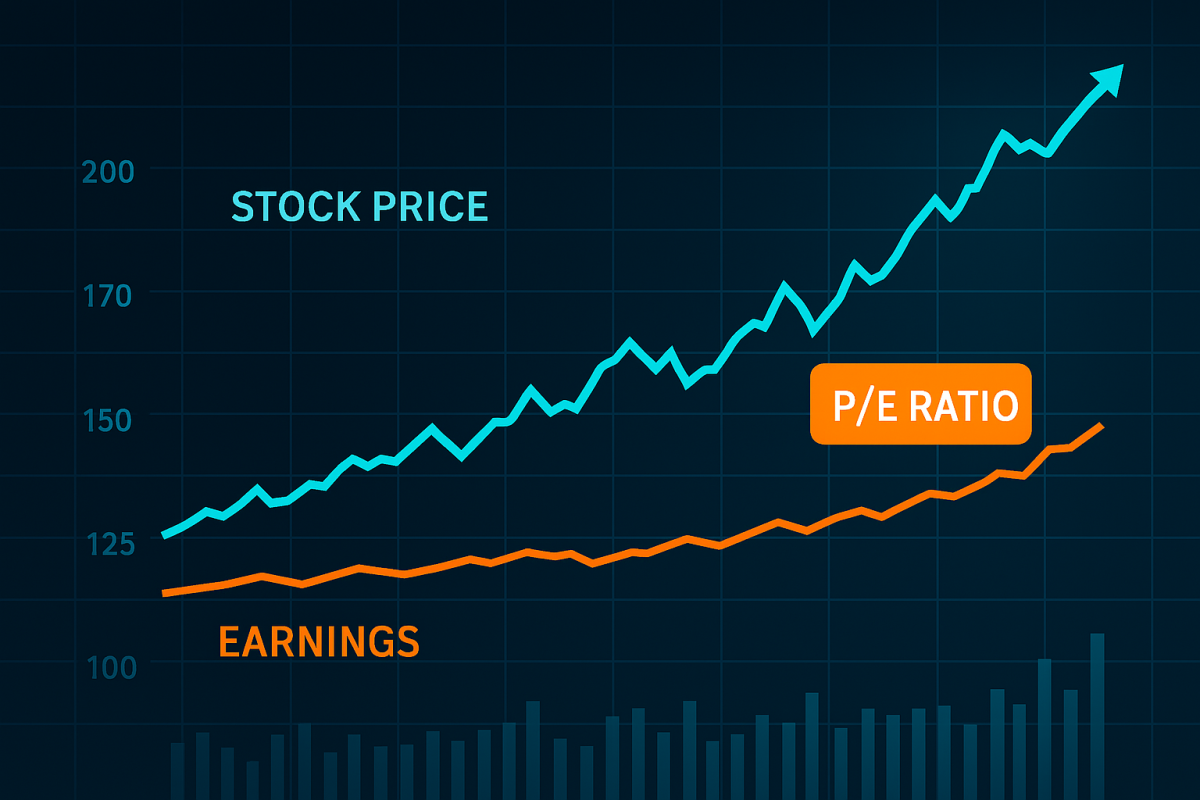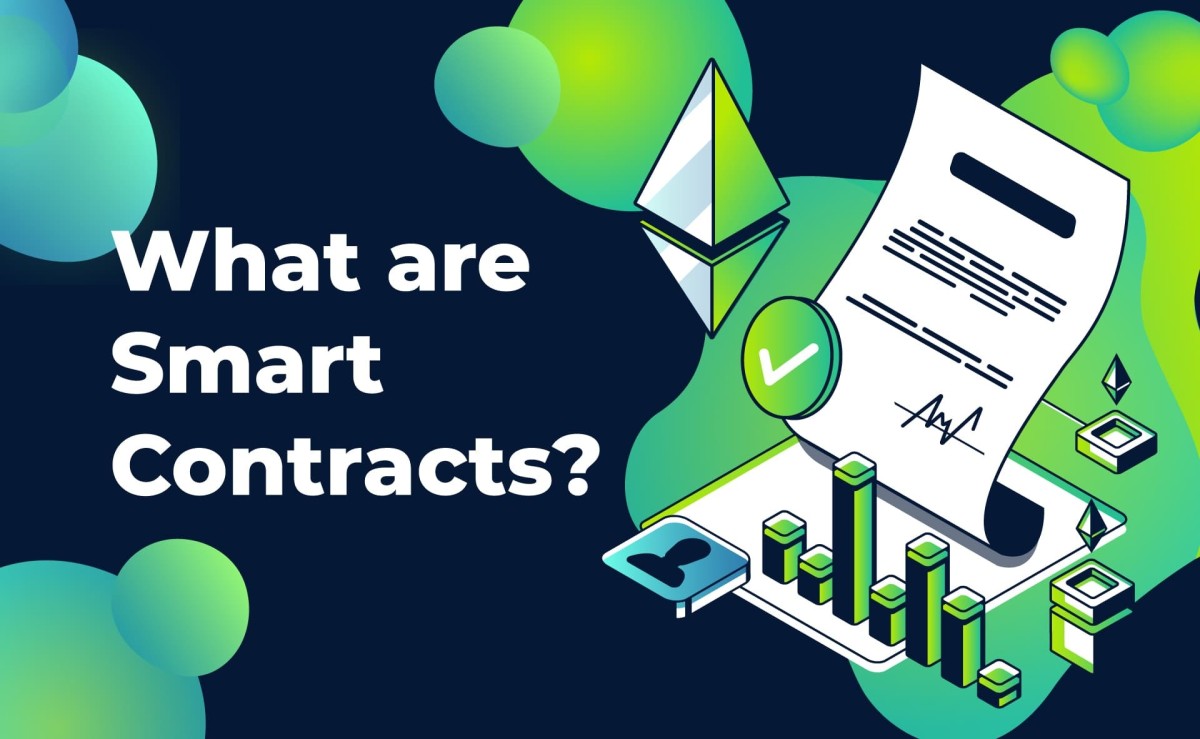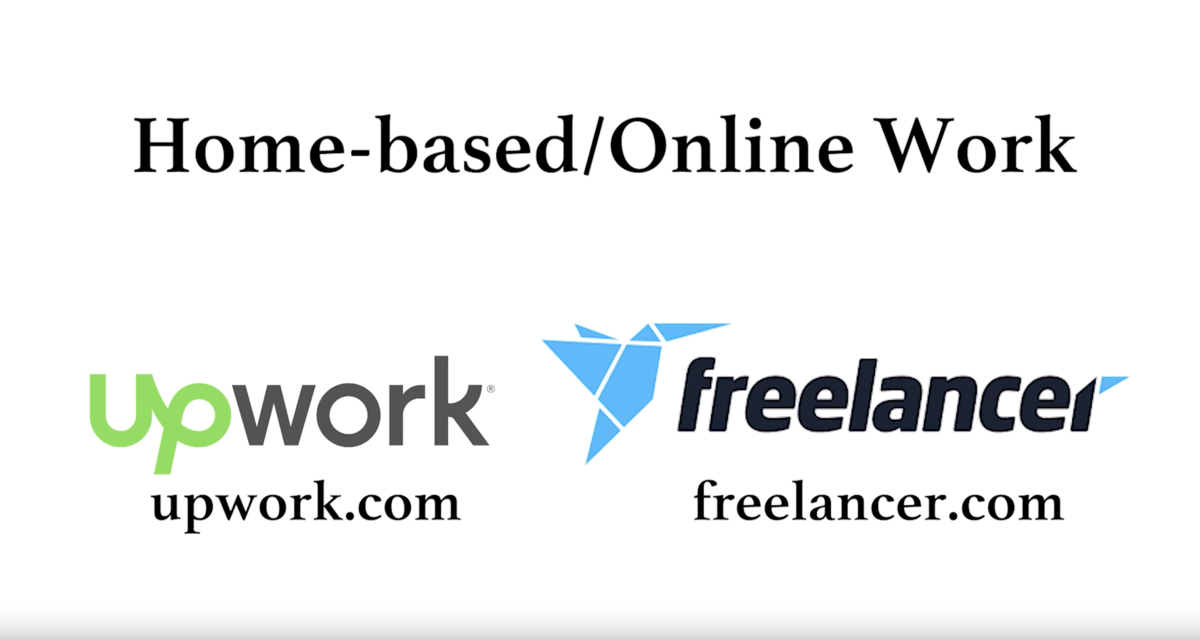Forward contracts
Forward contracts are simply the right to buy (called a “long position”) or sell (called a “short position”) a specific product (not necessarily just financial products but also physical products like agricultural-, or mined goods). If the future price of the underlying product is lower than the right to sell, the holder of the contract exercises his/her right and sells at the higher than current price, thus making a profit (which is the difference between the contract sell price and the current price). If the current price is higher than the contract price, the forward contract holder simply does not call his/her right and only looses the contract price, thereby minimizing losses. In the event the right to purchase, the scenario is vice versa; call when forward contract price (usually referred to as forward price) price is lower than current market price, and do not call when the contract price is higher than the current market price do not call the right. Obviously the contractual parties have opposing forward contracts; one has the right to buy the other has the right to sell at the specified time. Forward contracts are used decrease risks of excessive current prices in the future. Another common use of forward contracts with a bank, is to avoid excessive currency exchange rate movements by the date a company needs to pay large sums of money in a foreign currency. In either case, at least one of the parties to the contract is speculating for higher profits.
The forward market isn’t as regulated as other financial markets, for example the stocks and bonds markets. The parties to the contract bear the risk of the contractual party does not deliver his/her contractual obligations, such as not delivering the contracted product(s). These instruments are not traded at exchanges, but outside of exchanges. This market is called “over-the-counter” (abbreviated as OTC) market, usually electronically. There are no price limits (which can be set up at exchanges to prevent market manipulation), and the purpose of the transaction is delivery, meaning that (usually) the contract is not sold for third parties.
Source
Financial Markets vol. I. Functioning of Financial Markets
Beata Majer, Julia Kiraly
International Banker Training Center LLC.
Budapest, Hungary
2000







